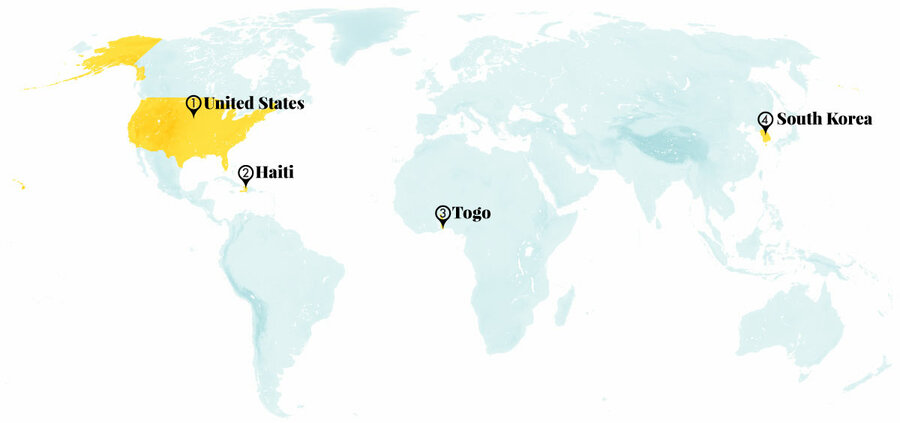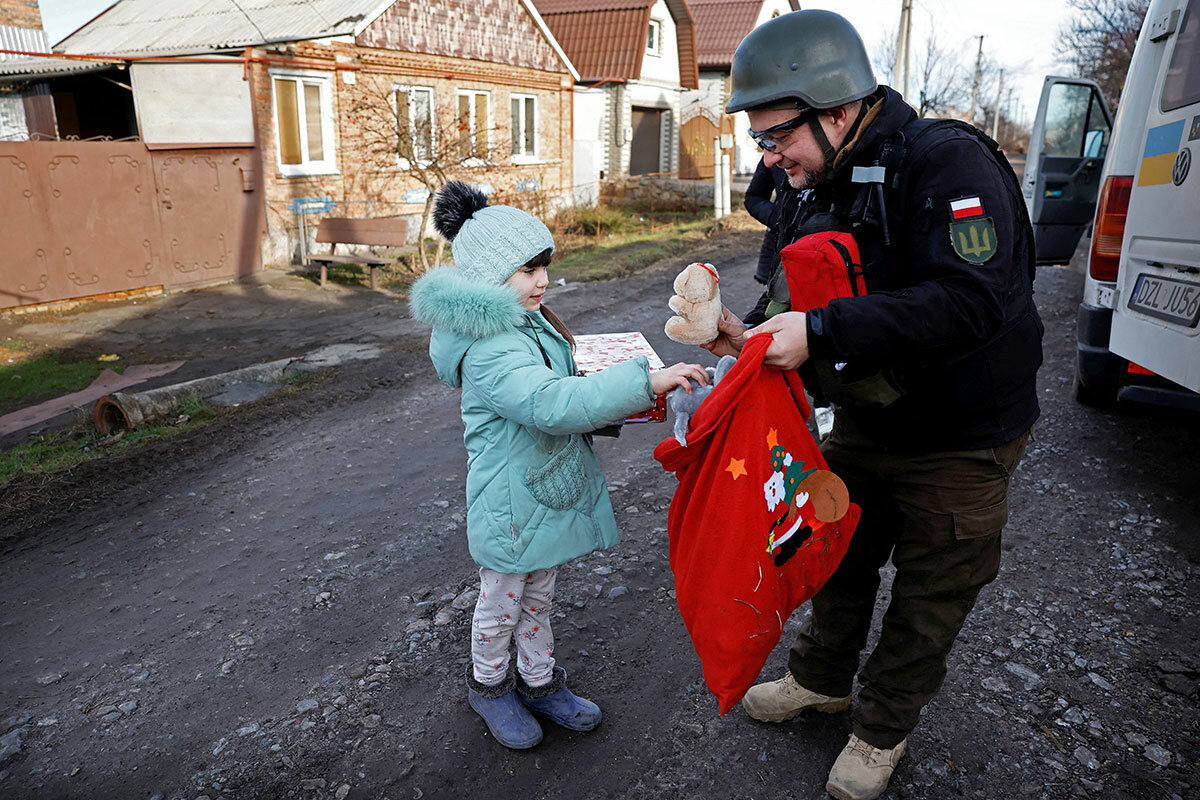The chaotic speakership election offers a mirror into the GOP’s ability to bridge its own increasingly sharp divisions. And, for whoever takes up the gavel, what managing the 118th Congress might be like.
Monitor Daily Podcast
- Follow us:
- Apple Podcasts
- Spotify
- RSS Feed
- Download
 Trudy Palmer
Trudy Palmer
While Southwest Airlines’ flight schedules are back on track, the ripples of dysfunction from its recent meltdown are still being felt. Friends of mine whose Christmas Day connecting flight was cancelled eventually made it home – but have yet to receive their luggage.
Many issues contributed to the systemwide fiasco, including a failure to invest in updated computer systems, stymying efforts to reschedule pilots and planes. Southwest’s CEO, Bob Jordan, said as much, admitting in a Twitter apology that “clearly we need to double down on our already existing plans to upgrade systems.”
But the problem that piqued my interest most was the point-to-point system Southwest uses instead of the more typical hub-and-spoke approach. The latter sends flights out from an urban hub to point A and back. Other planes go out to point B and back. If you want to go from A to B, you have to go through the hub.
Southwest skips the hub, taking passengers directly from point A to point B. This offers people in smaller cities more direct routes, but, as we saw, when travel is disrupted, there’s a domino effect and not much ability to call in reinforcements as one could at a well-populated hub.
When it comes to air travel, it’s nice to have both options. But what about in life, I’ve been wondering. Is one approach better than the other?
On the one hand, a hub sounds kind of like a ball and chain, keeping you from going directly from one achievement to the next.
But staying connected to a hub has advantages too. Whether that hub is a family or a philosophy or a mission statement, it can keep you grounded, remind you what matters, and offer ready reinforcement when the going gets tough.
Perhaps it’s possible in life to combine the two – to carry a little hub in your head, or heart, that steadies your journey from point A to B to Z.










